China steels itself for fight to cool rising commodities prices
Officials plan release of additional state stockpiles and other measures as global demand buoys markets for copper, coal, aluminium and more.
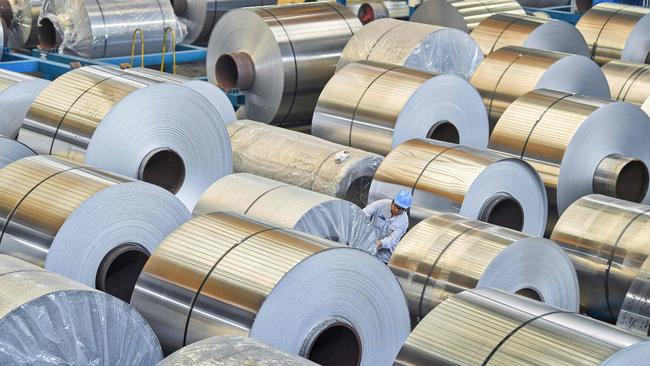
China’s multipronged campaign to roll back rising commodity prices is pitting the world’s largest buyer of many major resources and its brand of command economic policy against global market forces. Prices show victory remains elusive.
Chinese authorities aren’t giving up yet, signalling that they plan in the near term to double down on measures launched in recent months to cool commodity markets that have been buoyed by economic recoveries around the world. Adding to inspections of pricing platforms and broad warnings against market speculation, Beijing in early July auctioned state stockpiles of copper, aluminium and zinc reserves to increase supplies. The state stockpiler said it plans to sell more.
“We will continue to organise releases of state stockpiles in the near future to ensure the stable operation of the market,” the National Development and Reform Commission, China’s top economic planner overseeing its commodity reserves, said July 6.
Global prices haven’t bowed to Beijing’s will after its first round of auctions. London copper is up about 4% from mid-June and is still at its highest levels in a decade after ebbing off a record in May. Global demand for the red metal remains high across its many industrial applications such as in electric vehicles and building construction. London aluminium is up 6% and zinc 4% from mid-June.
In other moves by Beijing to try to damp the market, Chinese regulators have warned domestic industry associations and producers against illegal activities including market manipulation. The government has said it is also “seeking opinions on combating speculation.” Beijing is carrying out a probe, begun last month, into iron-ore trading platforms and said it would also investigate coal prices, escalating a monthslong campaign to curb high prices of the fuel. Prices of both commodities remain near records.
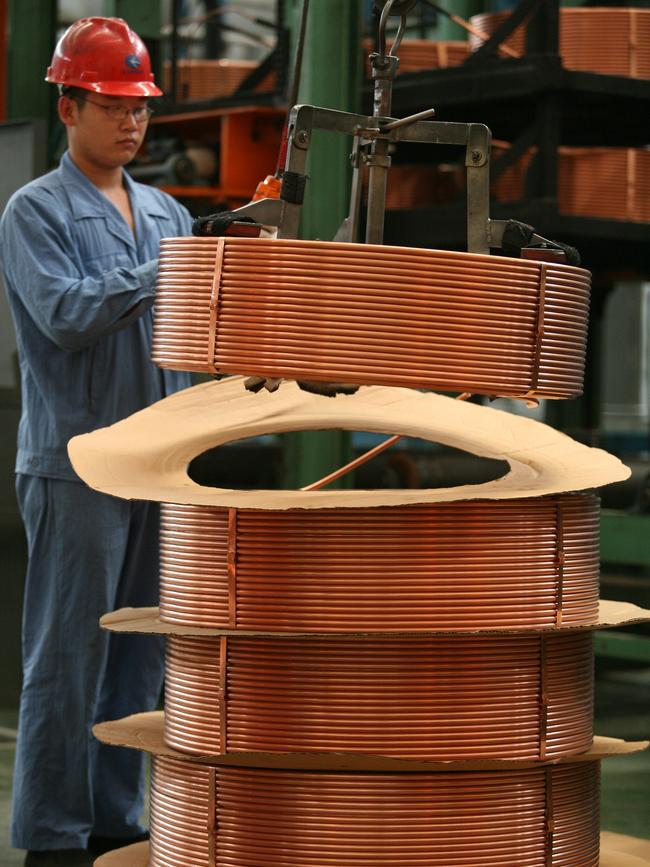
China’s leaders have singled out commodity markets as a cause of high producer price inflation in the world’s second-largest economy, which they fear could hurt its economic recovery, while economists say that may feed into rising consumer prices abroad such as in the U.S.
After U.S. data last week showed consumer prices rising 5.4% in June from a year ago, and stocks hovering near all-time highs, investors will get a closer look at growth prospects with the release this week of U.S. manufacturing data, China trade data, and earnings from rail carrier CSX Corp., oil-field-services firm Halliburton Co. and builder Skanska AB.
Analysts estimate that China might not have enough nonferrous metals in its official stockpiles to sufficiently sway prices over the longer term. The metal auctions earlier this month, totalling 100,000 metric tons, represent less than 6% each of China’s monthly output of such metals.
Coal has risen despite the Chinese measures. Steam coal, which feeds electricity plants, exceeded $US110 a metric ton in recent days at key Chinese ports, more than 20% higher than in late April, as import volumes remain robust, official data show. China’s economic planner said Thursday it will release coal reserves, and more in the future if necessary, to try damping prices. Beijing has yet to rescind a ban on coal imports from Australia, a major supplier, imposed late last year due to a diplomatic row with Canberra over coronavirus origins and which could have a bigger impact on pricing.
“When commentators are unable to understand what is driving such a paradigm shift in prices, they attribute it to speculators – a common pattern throughout history, which has never solved fundamental tightness, ” Goldman Sachs head of commodity research Jeffrey Currie said in a May report as Chinese regulators took aim at rising prices.
Supply fundamentals in key global commodities will remain tight in the second half, analysts say. Western demand now plays as much of a role as China in influencing commodity prices, Goldman added. Global commodity producers had slashed capital spending by nearly half over the last decade, shrinking stocks of industrial metals to two-decade lows just as the current demand spree revved up.
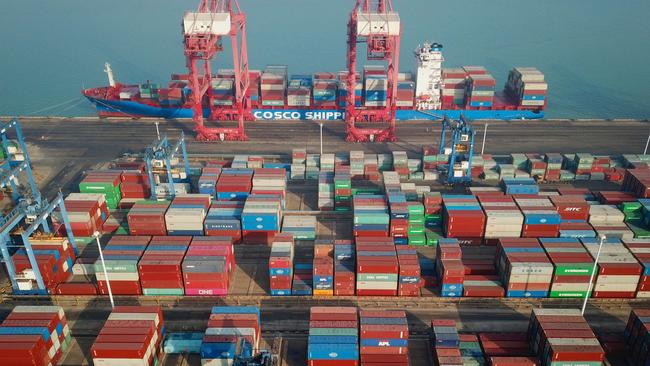
Coking coal prices were up more than 20% in key ports last week from late April, the highest levels in more than a decade. Coking coal feeds steel mills, which are raising output to meet demand amid a booming economic recovery.
Demand from Chinese steel mills is damping the effectiveness of Chinese policy in another key aspect: Iron-ore prices in recent weeks remain higher than at any point in the last 10 years. Prices have again begun to rise in the last two weeks after a brief period of faltering.
Strong global demand across construction and infrastructure industries isn’t helping Beijing’s campaign. Stainless-steel producers – many of which are based in China – are still setting some of their highest prices since 2016 for sales to Europe, and much of their output is being snapped up domestically, Commerzbank said in a report last week.
Despite its call to lower resource prices generally, Beijing hasn’t helped its own cause in at least one case. After global soybean prices briefly dipped in late June from their highest levels in more than eight years, Chinese state buyers stepped in to buy at least 336,000 metric tons – their biggest booking in months – from American exporters, according to the U.S. Agriculture Department. Chicago soybean futures have resumed rising since then. China’s stockpiler didn’t respond to a request for comment.
Economists say China’s war on prices ultimately might not even help a big cause of official anxiety: inflation.
“We do see the risk that [Chinese] consumer price inflation will continue to rise in the following months,” said Wood Mackenzie senior economist Yanting Zhou, citing rising prices of home appliances and cars.
Ryan Dezember contributed to this article.
The Wall Street Journal



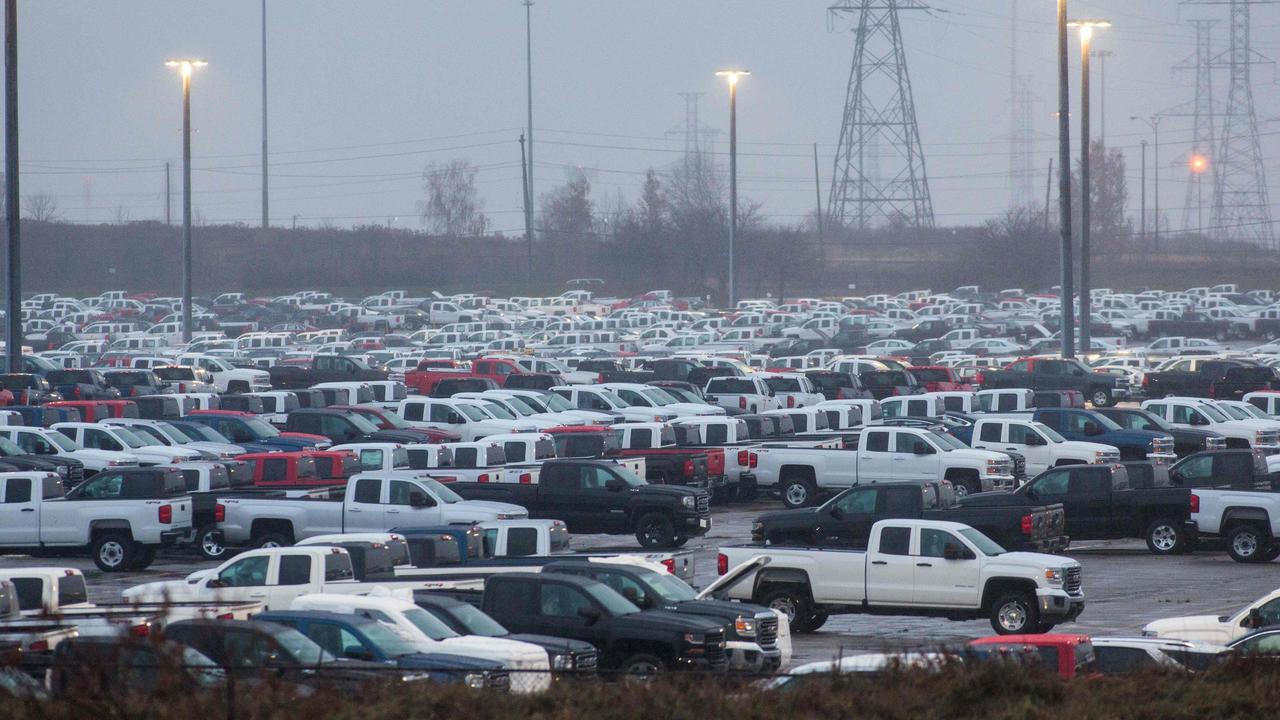
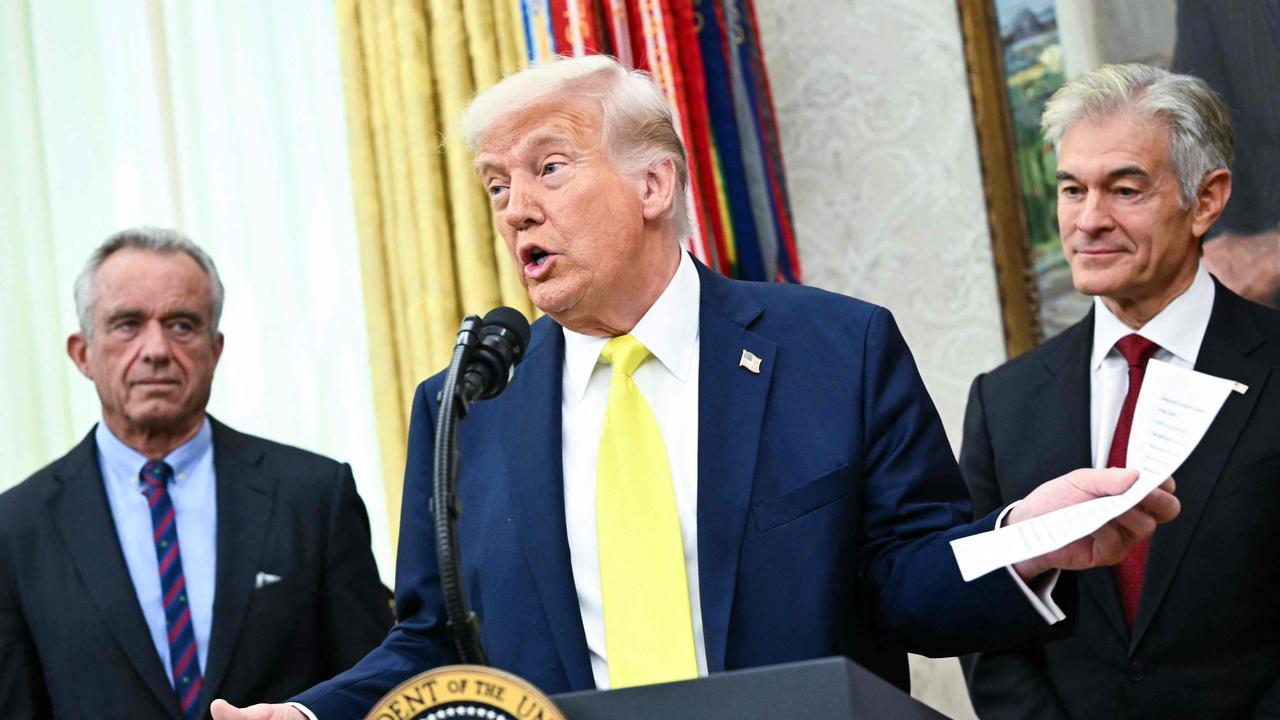
To join the conversation, please log in. Don't have an account? Register
Join the conversation, you are commenting as Logout